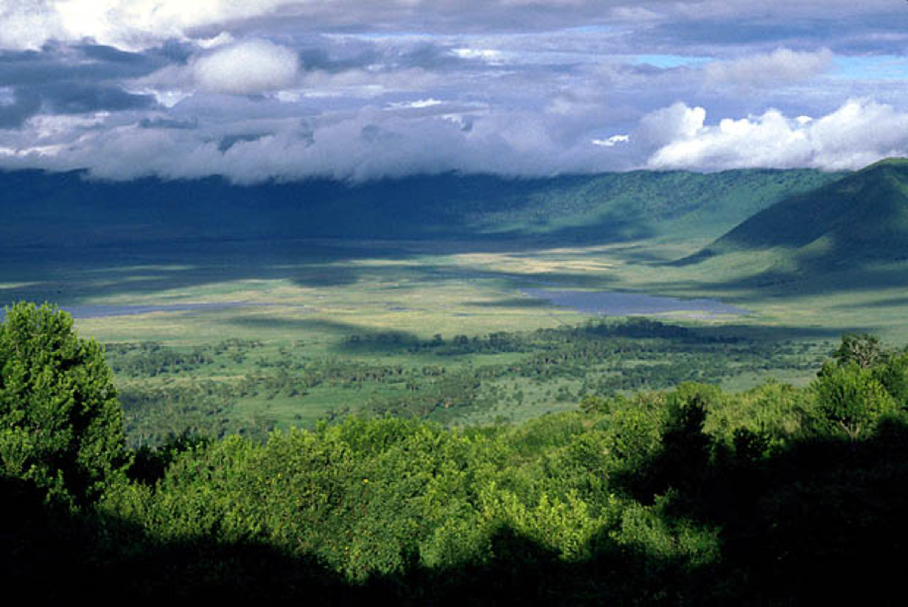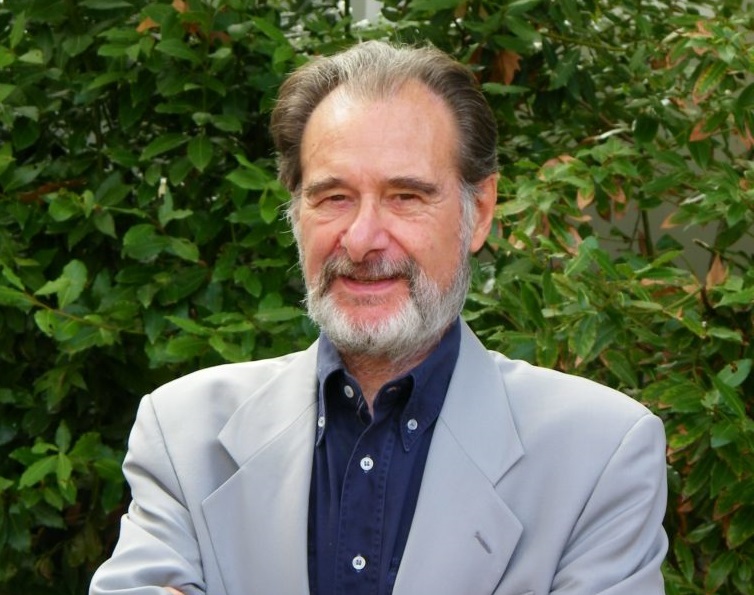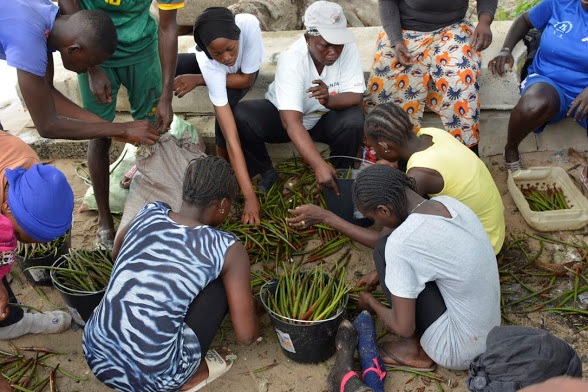世界遗产——未来有风险?
St. Petersburg, Russia, 6 July, 2012 (IUCN) – As the number of natural wonders on the World Heritage List continues to grow, too many sites are left with little resources to manage them properly and conserve the very values they were inscribed for, say IUCN experts. Many face a barrage of threats, not least from mining and oil exploration.
Africa’s natural World Heritage Sites are particularly at risk. Over 60% of West and Central African sites are Danger Listed, and one out of four of these iconic areas are threatened by planned mining and oil and gas projects. This includes Virunga National Park in the Democratic Republic of the Congo, home to many of the world’s last mountain gorillas.
The security situation in these sites is precarious, making their management extremely challenging. Since 1996 more than 130 rangers have been killed in Virunga National Park. Recently, poachers armed with AK47 rifles attacked a neighbouring World Heritage Site, the Okapi Wildlife Reserve, and killed seven people, including two rangers. UNESCO has launched an emergency appeal to raise $120,000 by 20 July to help the families of the victims and support the Reserve (www.justgiving.com/okapi).
“IUCN is deeply saddened by these killings,” says Mariam Kenza Ali, World Heritage Conservation Officer. “Unless the Okapi Wildlife Reserve receives urgent help, the poachers who perpetrated the killings will have free reign to decimate the largest remaining population of forest elephants in the Democratic Republic of the Congo and to terrorize local communities.”
None of the four natural World Heritage sites that IUCN recommended for inclusion on the Danger List have been added, in what is seen by IUCN as a serious set-back for conservation.
IUCN, the official World Heritage advisory body on nature, had recommended that Lake Turkana National Parks in Kenya, Dja Faunal Reserve in Cameroon, Virgin Komi Forests in Russia, and Pitons Management Area in Saint Lucia be added to the List of World Heritage in Danger. The World Heritage Committee rejected all four recommendations.
Six outstanding natural sites were given World Heritage status following the advice of IUCN to the annual meeting of the UNESCO World Heritage Committee, which ends today in St. t Petersburg.
Sangha Trinational - shared between Cameroon, the Central African Republic and the Republic of Congo; Lakes of Ounianga in Chad, Rock Islands Southern Lagoon in Palau, and Chengjiang fossil site in China have been inscribed on the World Heritage List. Lena Pillars Nature Park in Russia and Western Ghats in India were also added to the prestigious list by the World Heritage Committee, a 21-nation panel.
“This move should mobilise international support for the planet’s extraordinary places that are facing serious threats to their conservation,” says Tim Badman, Director of IUCN’s World Heritage Programme. “International efforts are essential to secure the future of our planet's most important natural areas and the life-support services they provide, including clean air, water and livelihoods.”
About IUCN
IUCN, the International Union for Conservation of Nature, helps the world find pragmatic solutions to our most pressing environment and development challenges by supporting scientific research; managing field projects all over the world; and bringing governments, NGOs, the UN, international conventions and companies together to develop policy, laws and best practice. IUCN is the independent advisory body to the World Heritage Committee on natural heritage.www.iucn.org
For more information or to set up interviews, please contact:
- Borjana Pervan, IUCN Media Relations, m +41 79 857 4072, e borjana.pervan@iucn.org
- Brian Thomson, IUCN Media Relations, m +41 79 721 8326, e






